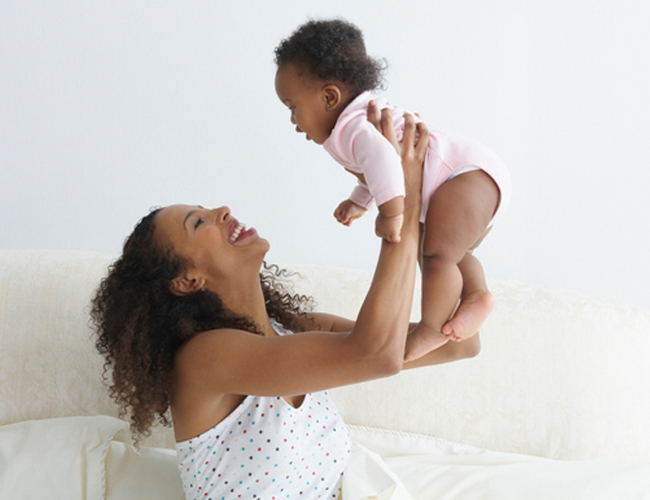5 steps to becoming a calmer parent
You love your kids, but sometimes they can drive you crazy. Keep your cool with these tips.
Parental stress has shot up in recent years. In many families, both parents work, which means they have less time to spend with their kids and chores take place over weekends. “This isn’t a problem per se, except parents have allowed this ‘busy-ness’ to creep into their minds as well.
Even when they are with their children, they are elsewhere in their minds,” explains Johannesburg parenting coach Mia von Scha, with the result that we lose our cool far more easily. “Your children learn how to behave by watching you. The most important thing you can do is stay calm." But don’t despair if “destination calm” feels a long way off. Start with small, practical steps...
1. Time-outs are for everyone
Most parents are familiar with the concept of sending a child to their room to calm down, but it may be helpful to have parental time-outs too. “In our house, we have a ‘thinking chair’ that is used by everyone to collect themselves and calm down. Removing yourself from a situation will often make the solution to the problem clear, or the problem will resolve itself while you are away,” says Von Scha.
2. Respond, don’t react
A reaction occurs instinctually, without much thought. A response, on the other hand, occurs when you take the time to think about what your child is saying or doing. “In order to act differently to the way you were raised, you need to be present enough to respond, rather than just reacting,” says Von Scha. Think about the typical causes of conflict with your children. If you can decide in advance how you would like to respond to these scenarios, you will have a plan to fall back on in a heated moment.
3. Let your child make choices
Children often behave rebelliously because they feel they aren’t allowed to make any of their own decisions. “It makes a huge difference to a child’s behaviour if you let them make their own choices. But they must understand that along with those choices comes responsibility and sacrifice,” says Johannesburg-based educational psychologist Ken Resnick. So, for example, if your child insists on wearing their new dress on the day before a party, explain that they can choose to wear it, but that if they get it dirty they will have to wear an old dress to the party the next day.
“Letting your child make choices means that the onus is no longer on the parent to punish the child, as the child’s choices dictate the outcome and it becomes ‘their problem,’” says Resnick.
4. End the day on a calm note
It’s vital to have a night-time ritual with your children to help restore calm, no matter how stressful the day has been. For younger children, this could take the form of a bedtime story. Older children could enjoy a cup of tea or hot chocolate with parents before bed.
5. Give yourself a break
Parenting can be exhausting and it’s easy to neglect yourself in the process. But taking care of yourself helps you take better care of your children. “You are your child’s universe, so it’s best if you’re not irritable, grumpy and jaded. Plan at least half an hour each day to devote entirely to yourself,” says Dr Miriam Stoppard in her book, Complete Baby and Childcare (Dorling Kindersley). Von Scha agrees: “Something as simple a daily time-out can do wonders for your internal state,” she says.



